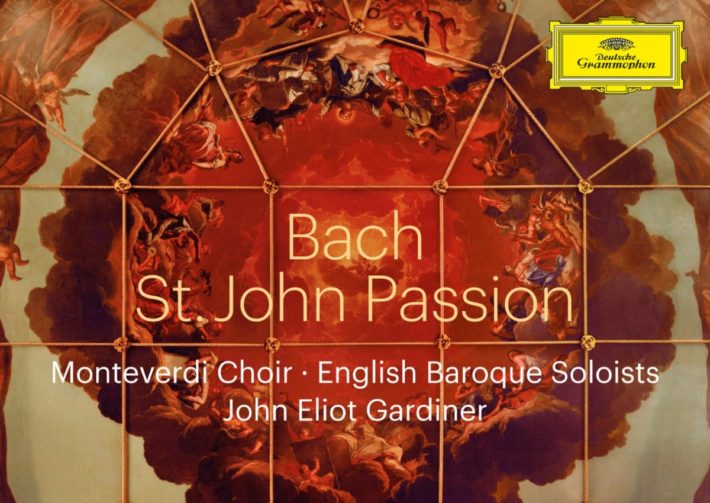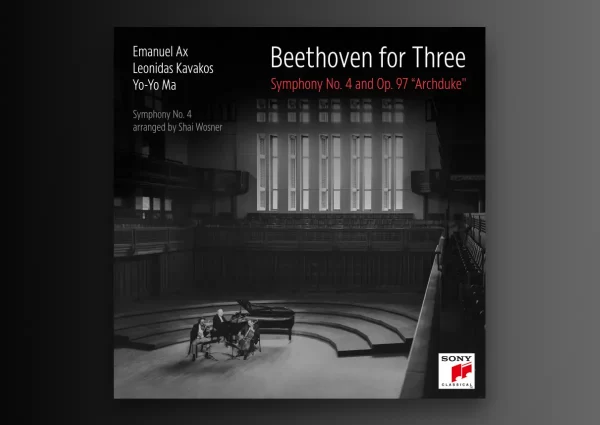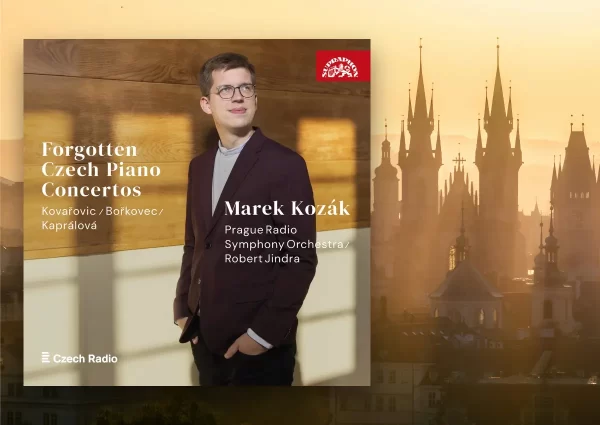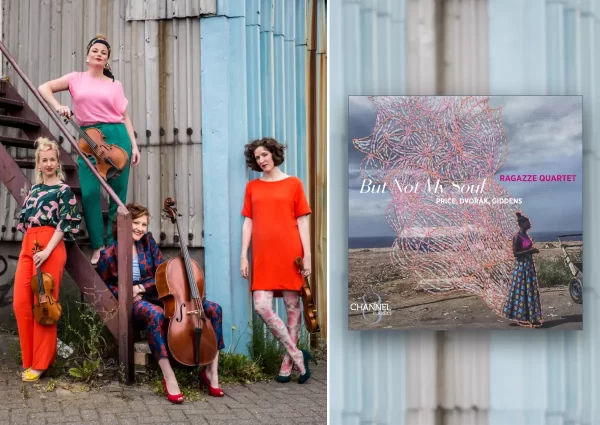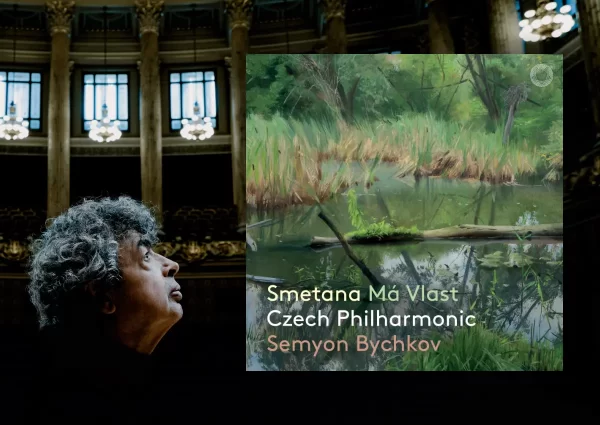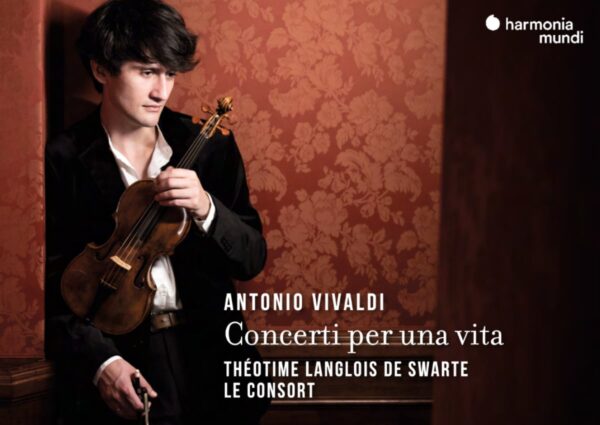This is Gardiner’s third recording of the work: his first, released in 1987 on Archiv, was a fundamentally different listening experience compared to Richter’s well-established album on the same label. Gardiner is over 20 minutes faster, while the sound of the English Baroque Soloists and the thrilling Monteverdi Choir revealed a new palette of vibrant, rich colors. But Gardiner’s focus on dramatic pacing struck some as overly operatic, conceptualized from a secular viewpoint (Richter had served as Kantor of the St. Thomas church in Leipzig) that skimped on the spiritual and theological aspects of Bach’s score.
But Gardiner’s second recording, captured at a live performance in the Kaiserdom, Königslutter in March 2003, has a new level of connection and understanding to those aspects. Gardiner and his forces had spent 2000 on their Bach Pilgrimage, performing all of Bach’s cantatas on the correct date of the liturgical calendar, in locations throughout Europe and North America. This year of full immersion not only gave the performers a uniquely authoritative insight into Bach’s music but deepened their understanding and appreciation for how the music preaches. The engineered sound is a bit distant and muddied, especially compared to Archiv’s almost clinical clarity, but it does impart a warm halo to the sound that softens some of Gardiner’s aggressive interpretative ideas. Moreover, the contemplative arias have greater emotional impact, especially those sung by alto Bernarda Fink – the only time Gardiner chooses to use an alto instead of a countertenor.
This latest recording was made on Good Friday April 2, 2021, in Sheldonian Theatre, Oxford. Following Covid protocols, the singers and instruments are spread throughout the theater, and this spatial separation does occasionally result in artificially engineered balances. And as with the second recording, this one-off performance has occasional rough edges not found in the first studio production. But this latest performance has a thrilling immediacy and emotional rawness that very often eclipses the other two. This is, at least in part, due to some exemplary exacting diction from the choir: one need look no further than their initial entrance in the opening chorus, where the rolled ‘R” in the three “Herr” exclamations has an almost alarming ferocity. Chorales also exhibit a level of percussive diction that some will find overwrought or affected. But the choral contribution is, as one would expect from this ensemble, wonderfully balanced, immaculately tuned and tremendously dramatic. Chorales are sung with an ideal sensitivity while the many turba scenes in the second part fully communicate the almost barbaric rage of the crowd.
Related Posts
- Review: Bach – Johannes Passion – Bach Collegium Japan – Suzuki (2020)
- Review: Bach – Johannes Passion – Herreweghe (2020)
- Review: Bach St. Matthäus Passion – René Jacobs
Rolfe-Johnson’s evangelist in the first Archiv production remains a compelling reason to hear the first performance – his singing mellifluous, dramatic, and utterly compelling. Yet Mark Padmore’s performance in the second recording is perhaps finer still, in a reading alive to every subtle nuance of the story. Initially Nick Pritchard’s evangelist seemed less compelling, perhaps more objective than his predecessors, but after repeated listening I find him every bit as involving. How powerfully he conveys the desolation and guilt that envelopes Peter after he denies knowing Jesus (CD 1, track. 12). And how tenderly tenor Peter Davoren captures the bleakness of “Erwäge, wie sein” (CD2, track 6). Soprano Julia Doyle is also uniformly impressive, her final aria, “Zerfliesse, mein Herze” (CD2, track 21) sung with devastating poignancy.
I was also struck with how much flexibility of tempo and shaping Gardiner allows himself – indeed, more than once his conception seemed almost ‘romantic’ in nature. “Ruht Wohl” is a truly emotional experience, the initial forlorn sadness subtly shifting to a sense of consolation as the text explains how the death of Jesus has now wrought salvation for all believers. Gardiner’s first performance is beautiful and refined, but this latest performance (which takes almost two minutes longer) has far greater emotional impact, as does the careful shaping of the final chorale.
The album also includes a blue ray video of the performance, and watching it gives the listener a batter sense of the spatial perspectives heard on the CDs. The choir sings without a score which makes them seems more connected to the action of the story, as does the positioning of the soloists, especially in the trial scene between Pilate and Jesus, with Pilate above, looking down. It has been a fascinating and rewarding experience to compare Gardiner’s three readings of this incredible music. Each recording has much to offer, but currently I am held spellbound by this latest terrifically dramatic and spiritual performance.

Bach – St. John Passion
English Baroque Soloists
Monteverdi Choir
Nick Pritchard – Evangelist
William Thomas – Jesus
Alex Ashworth – Pilate
Julia Doyle – Soprano
Alexander Chance – Countertenor
Peter Davoren – Tenor
John Eliot Gardiner – Conductor
Deutsche Grammophon, CD 4861822
Recommended Comparisons
Read more classical music reviews or visit The Classic Review Amazon store
Follow Us and Comment:
Get our periodic classical music newsletter with our recent reviews, news and beginners guides.
We respect your privacy.

